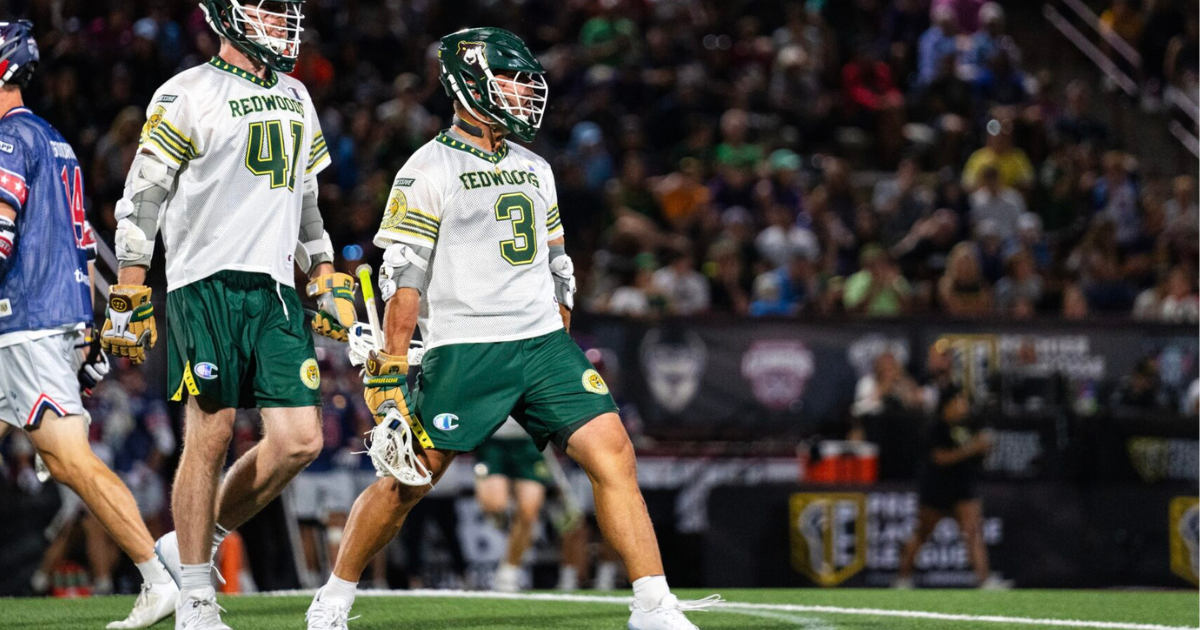
Can New Pro Sports Leagues Win with Licensing?
By: Mark Seavy
As more professional sports leagues emerge, there is concern that the number of new launches creates a risk of devaluing licensing efforts.
Licensing relies on an enthusiastic fan base with a demand for products that show support for the leagues, teams, and players. And while Major League Baseball (MLB), National Basketball Association (NBA), National Hockey League (NHL), National Football League (NFL) and Major League Soccer (MLS) have well-established licensing programs, whether the same can be achieved for the new leagues focused on sports like pickleball, volleyball, or lacrosse has yet to be proven.
Many of these newer leagues have already seen significant changes, despite only recently launching. This is a major concern for the licensing industry, as many executives believe it can take three to five years to establish an identity that lends itself to a consumer products program. Despite those concerns, pickleball was a major topic of conversation at the recent Sports Licensing and Tailgate Show in Las Vegas.
Professional pickleball may be a relatively new phenomena, but Major League Pickleball and the Pickleball Players Association Tour are merging backed by $50 million in equity investments. That was likely influenced by the fact that, in most cases, the investors—including athletes like Tom Brady, LeBron James, and Patrick Mahomes—are more famous than the pickleball leagues and players themselves.
The Professional Volleyball Federation launched in January, adding to a list that includes the already-established Athletes Unlimited and the upstart League One Volleyball, which starts play in November. And the Premier Lacrosse League (PLL), founded in 2018, combined with the 20-year-old Major League Lacrosse three years later under the PLL banner.
“Whether any of the new leagues are viable for licensing on a national level and become more than a regional play is open to question,” said a sports licensing executive. “It takes years to develop a deep enough fan base that lends itself to licensing programs, not to mention hiring the staff to develop them. You really must get the teams and leagues established before licensing programs can be considered.”
Even among the more established sports there are mergers and rivalries that can slow the development of licensing. The XFL, which has a licensing program, merged with the U.S. Football League to form the United Football League late last year (the season gets underway in March). And the Professional Golfers Association (PGA) and the Saudi Arabia Public Investment Fund-backed LIV Golf have been engaged in bidding wars for both players and funding. The golf tours were reportedly weighing a merger, but that was before the PGA announced last week that it secured $3 billion in financial backing.
There are examples of minor leagues establishing licensing programs, but that has largely been on a regional, team-by-team basis. For example, the NHL’s minor league affiliate the American Hockey League (AHL), the East Coast Hockey League (ECHL), and the Ontario Hockey League (OHL), one of three junior leagues that form the Canadian Hockey League for 16- to 20-year-old players, all have well-developed licensing programs. And the Professional Women’s Hockey League launched in January with six teams and a merchandise program in place. Moving forward, there’s potential for a partnership with the NHL.
But there are still many who question whether there is, in fact, long-term licensing potential for participant sports like pickleball and their emerging leagues. To date, many of the licensing deals inked in the world of pickleball have focused on other, more established sports leagues. This includes recent agreements for Parrott Paddle (NFL), Franklin (NBA), and Baddle Pickleball (NHL).
“In most cases, these teams start with an internal in-arena program,” said James McCollough, Director of Licensed Sales at supplier Blue84, which has deals with the AHL, OHL, and ECHL for headwear and jerseys. “That’s where they source the merchandise before becoming more sophisticated with licensing.”

















